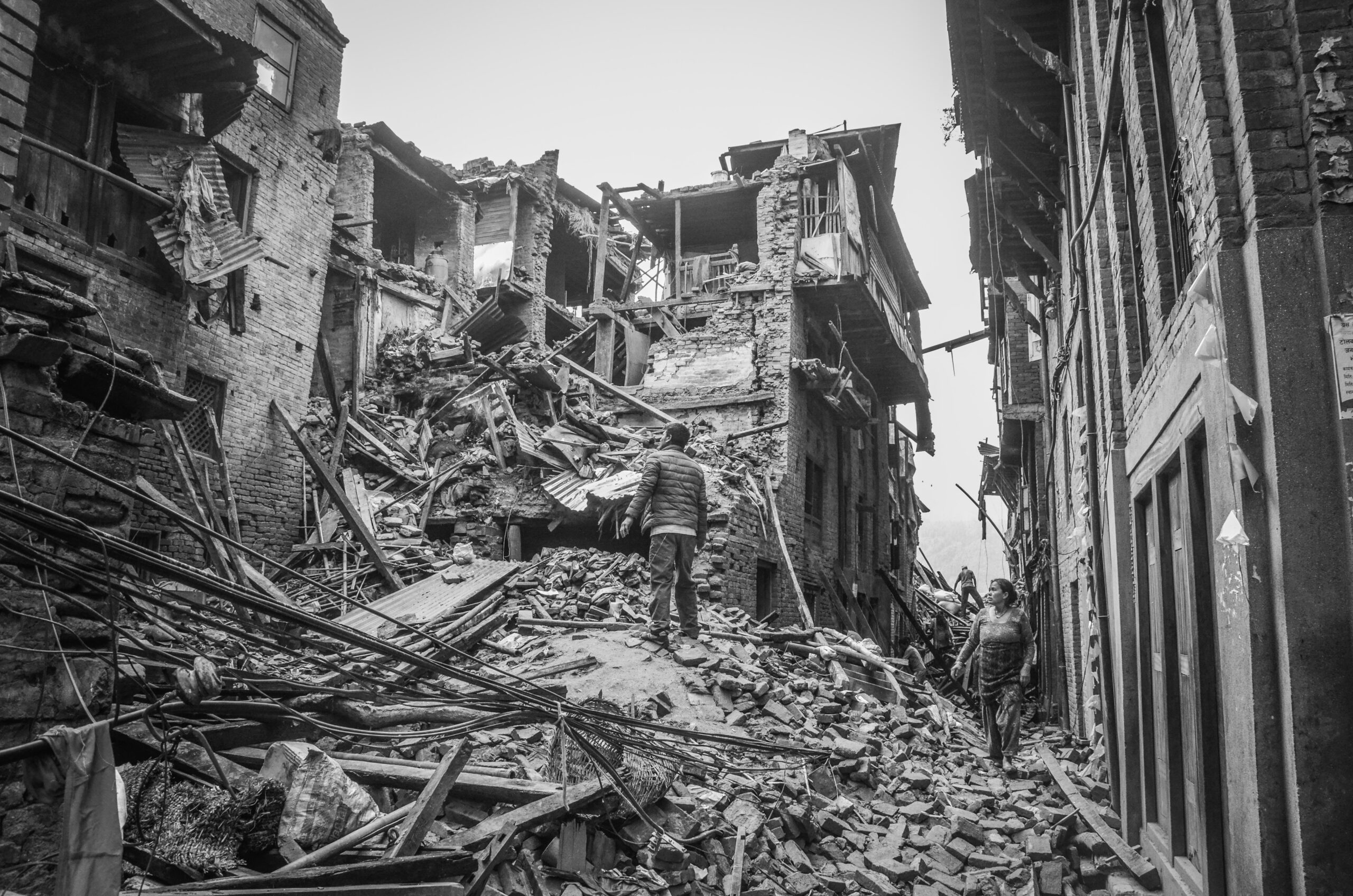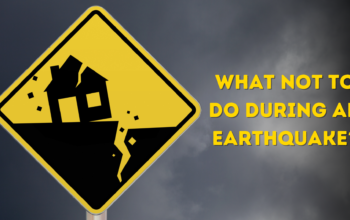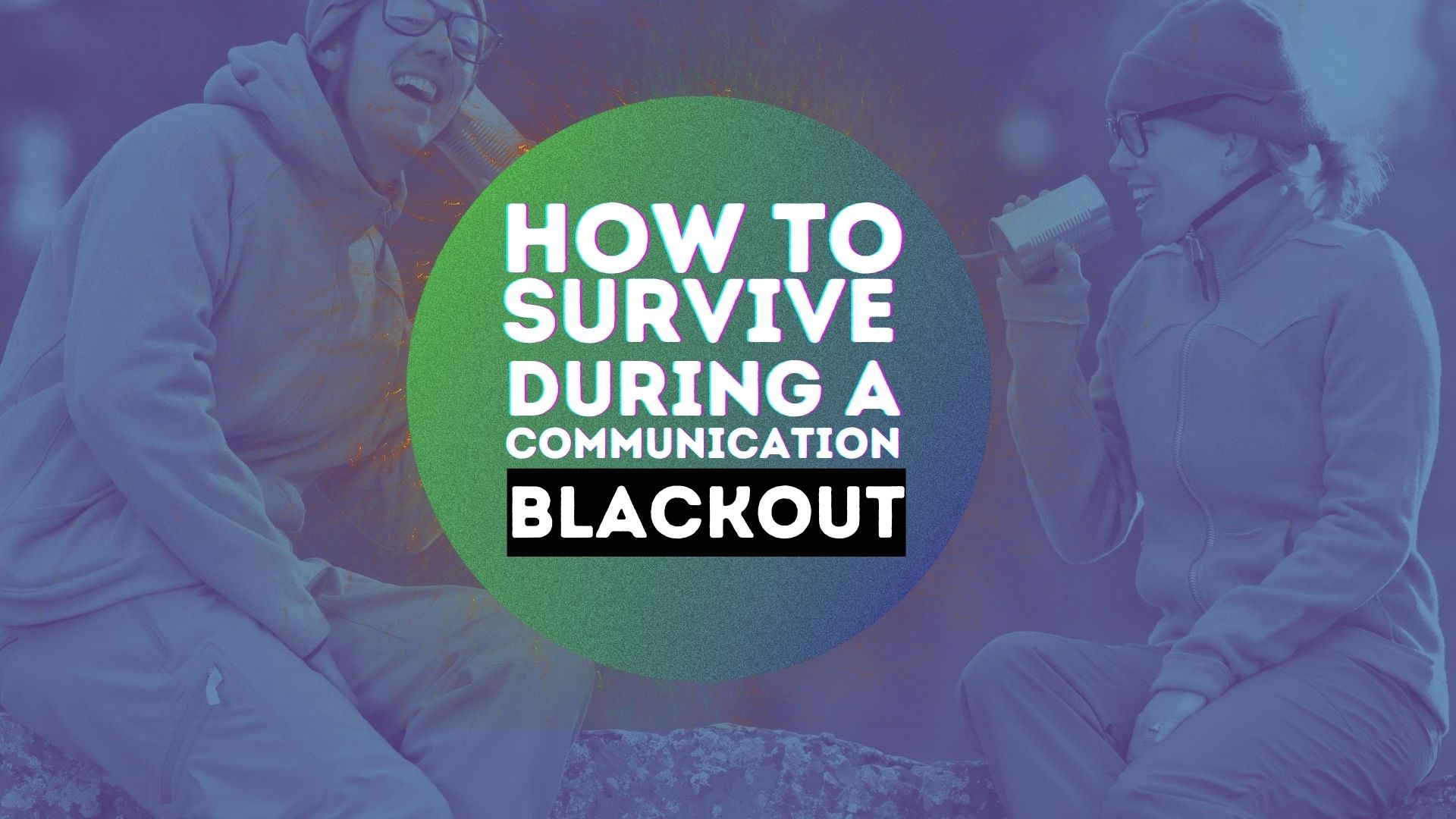Earthquakes are a sudden shaking of the ground that can cause devastation. Whether you’re at home, work, or even on vacation, it’s important to have an earthquake preparation plan in place so that you and your family know what to do in the event of an earthquake.
Make an emergency plan
If you live in an area that is susceptible to earthquakes, it is important to have an emergency plan in place. Your emergency planning should start with finding out whether you live in an earthquake prone area or not. There are certain regions that are more prone to earthquake than others.
The map below shows all significant earthquakes since 2150 BC. This 4100 years worth of data shows that the quakes are mostly focused around the fault lines, with the bulk of major quakes occurring around the ring of fire, the Middle East, Europe and the West coast of the Americas.
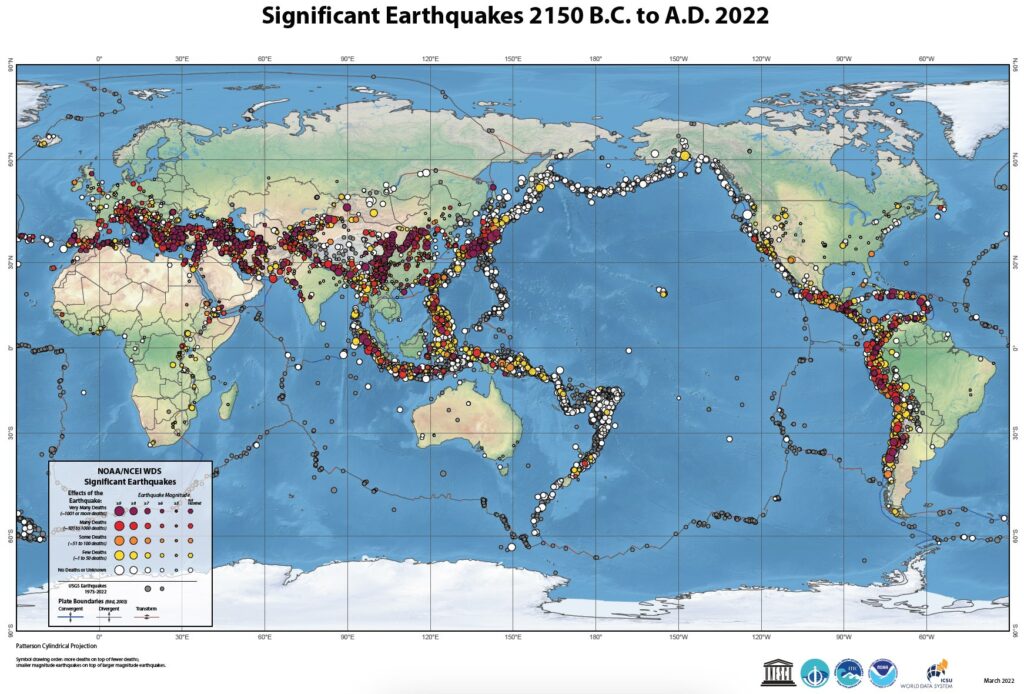
Distilling down the information from the map above, it has been seen that the following countries experience earthquakes more often than others
- Indonesia
- Japan
- China
- Afghanistan
- India
- Pakistan
- Papua New Guinea
- Iran
- Turkey
- Peru
- United States
- Italy
If you live in any of these countries, then there is a high likelihood that you may experience an earthquake at least once in your lifetime. But it is not like these entire countries are at risk. You can have a look at USGS website to see how earthquakes are distributed across specific regions, for better understanding.
So now that you know whether you are in an earthquake prone region or not, the next step is to have a plan in place. Earthquakes can happen with little or no warning, and they can be devastating. By having a plan in place, you and your family will know what to do if an earthquake strikes.
The first step is to sit down and have a talk with your family. Make sure everyone understands what needs to be done in case of an earthquake. Being prepared means that you are less likely to panic when it actually happens and this can make the difference!
So talk with your family and then identify a safe place where everyone can go in the event of an earthquake. This depends on where you live. If you live in a house, then you can attempt to leave the house and stand outside in the open, which is always the best place to be in case of an earthquake. But if you live in a high rise apartment, then leaving your apartment will be out of question. In this case identify a safe place inside the apartment. This should be a place where there are no large mirrors or windows, and where furniture will not fall on anyone.
Make an emergency kit
The next step for earthquake preparation is to create an emergency kit. This will be very helpful in case of an earthquake as it can provide you with the essentials that you may need.
If you are a prepper, then you will have your emergency kit ready any way. If you are starting out then click here to read our article to find out the 10 essential items to include in your bug out bag.
Make sure that your emergency kit is in an easily reachable place. In an earthquake you will get hardly a few seconds to reach for your kit.
Make plans for coordination
Now we are in the worst case scenario. In case you get separated from your family, it is important to identify a contact who everyone can reach in the event of an emergency. This person can act as a central point of communication, and they can help to coordinate any necessary assistance. For this you will need to bring this contact who can be family or friend into your confidence. Preferably this contact should be in a different area, to minimize the chances of them being affected by earthquake as well because it will be an absolute worst case if your point of contact is stuck as well.
What to actually do during an earthquake?
All of the above steps are very important, but if you find yourself in the middle of an earthquake, then there are certain things that you should do to minimize the risk of injury.
- The first thing is to stay calm. This can be hard when the ground is shaking beneath your feet, but it is important to try to stay calm, especially if you are in an office that is located in a high rise building. Panicking will induce panic in others as well. Stay calm as this will help you to think clearly and make the best decisions possible.
- If you are inside, then you should stay inside. Do not attempt to leave the building as this can be very dangerous. Take cover under a table or desk, and hold on to it tight. If there is nothing that you can take cover under, then simply stand against a wall and brace yourself.
- If you are outside, then you should stay outside. Do not attempt to go back inside as this can be very dangerous. Take cover away from buildings, trees, and power lines.
- If you are in a vehicle, then you should pull over to the side of the road and stop. Do not attempt to drive through an earthquake as this can be very dangerous. Once you have stopped, put your hazard lights on and stay in the vehicle until the shaking has stopped.
What not to do during an earthquake?
There are certain things that you should not do during an earthquake.
- Do not attempt to leave a high rise building during an earthquake. This can be very dangerous as the shaking can cause the building to collapse.
- Do not attempt to go back inside a building during an earthquake. This can be very dangerous as the shaking can cause the building to collapse.
- Do not attempt to drive during an earthquake. This can be very dangerous as the shaking can cause accidents.
- Do not attempt to use elevators during an earthquake. This can be very dangerous as the shaking can cause them to malfunction.
What to do after an earthquake?
Once the shaking has stopped, there are certain things that you should do.
- Check for injuries and provide first aid if necessary.
- Check for damage to the building and make sure that it is safe to stay inside.
- If you are outside, check for damage to power lines, gas lines, and water lines.
- Do not use elevators as they may be damaged.
- Contact your friends and family members and see if they are ok.
- Be on the alert for possible aftershocks. Aftershocks can be nearly as powerful as the original earthquake. This is why the first 24 to 48 hours after an earthquake are very important.
Earthquakes are a force of nature that we cannot control but we can prepare for them. By knowing what to do ahead of time and staying calm during an earthquake, we can increase our chances of survival and minimize injury. Do you have an earthquake preparation plan? Share it with us in the comments below!
